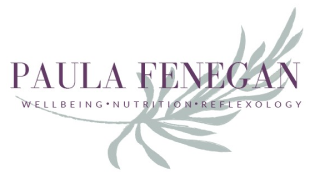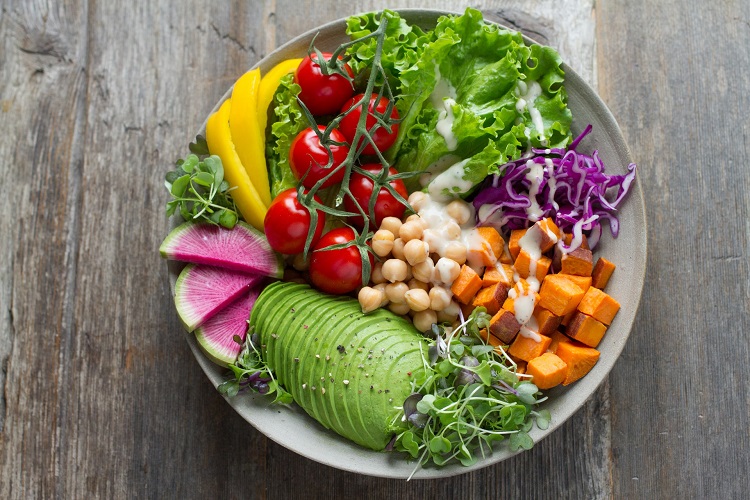How Nutrition Can Ease Menopause Symptoms
Menopause is a natural transition, but symptoms like hot flushes, mood swings, brain fog, and fatigue can be challenging. The good news? The right nutrition for menopause can make a huge difference. By eating the right foods, you can balance hormones, improve energy levels, and reduce uncomfortable symptoms.
The Link Between Nutrition and Hormonal Balance
Your diet plays a key role in hormone regulation. Certain foods help stabilise blood sugar, support oestrogen levels, and reduce inflammation, all of which can ease menopause symptoms.
Here’s how menopause-friendly foods can support your body:
- Boost Energy – Nutrient-dense foods combat menopause-related fatigue.
- Support Bone Health – Essential for preventing osteoporosis.
- Improve Mood and Brain Function – Helps with memory and focus.
- Reduce Hot Flushes and Night Sweats – Certain foods may help regulate temperature fluctuations.
Best Foods for Managing Menopause Symptoms
🥑 1. Healthy Fats for Hormonal Balance
Incorporating omega-3 fatty acids and healthy fats can support hormone production and reduce inflammation.
Best sources:
✔️ Fatty fish (salmon, sardines)
✔️ Avocados
✔️ Flaxseeds & chia seeds
✔️ Extra virgin olive oil
👉 Tip: Flaxseeds, aslo known as linseeds are rich in phytoestrogens, which may help mimic natural oestrogen levels.
🍓 2. Phytoestrogen-Rich Foods
Phytoestrogens are plant compounds that naturally support declining oestrogen levels.
Best sources:
✔️ Soy (tofu, tempeh, edamame)
✔️ Lentils & chickpeas
✔️ Flaxseeds
✔️ Sesame seeds
👉 Tip: Adding flaxseeds to smoothies or porridge is an easy way to boost oestrogen-supporting nutrients.
🌾 3. Whole Grains for Energy & Blood Sugar Control
Fluctuating blood sugar can worsen mood swings and fatigue. Whole grains help regulate energy levels and keep blood sugar stable.
Best sources:
✔️ Oats
✔️ Quinoa
✔️ Brown rice
✔️ Wholegrain bread & pasta
👉 Tip: Swap refined carbs for wholegrain alternatives to reduce energy crashes.
🥬 4. Calcium & Magnesium for Bone Health
Declining oestrogen levels can lead to weaker bones, increasing the risk of osteoporosis. Foods rich in calcium and magnesium help strengthen bones.
Best sources:
✔️ Leafy greens (kale, spinach)
✔️ Almonds
✔️ Sardines (with bones)
✔️ Fortified plant-based milk
☀️ 5. Hydrating & Cooling Foods
Drinking plenty of water and consuming hydrating foods can help manage hot flushes and night sweats.
Best sources:
✔️ Cucumber
✔️ Watermelon
✔️ Herbal teas
✔️ Coconut water
👉 Tip: I know this is not something you want to hear but avoid caffeine and alcohol, as they can trigger hot flushes and disrupt sleep. Sorry!!!
Foods to Avoid During Menopause
Certain foods can worsen menopause symptoms, so it’s best to limit them:
❌ Processed foods – Can cause blood sugar spikes and inflammation.
❌ Sugary snacks – Worsen energy crashes and weight gain.
❌ Caffeine – May contribute to hot flushes and insomnia.
❌ Alcohol – Can affect mood and sleep quality.
Making small diet changes and eating the right foods ,can have a huge difference on your energy and mood. By focusing on nutrient-rich, hormone-balancing foods, you can support your body naturally and feel your best during this transition.
Do you need personalised menopause nutrition advice?
I offer 1:1 nutrition coaching to help you feel your best during this stage of life.
Book your free complimentary health & energy review here
#MenopauseSupport #NutritionForMenopause #HealthyAging #HormoneHealth

